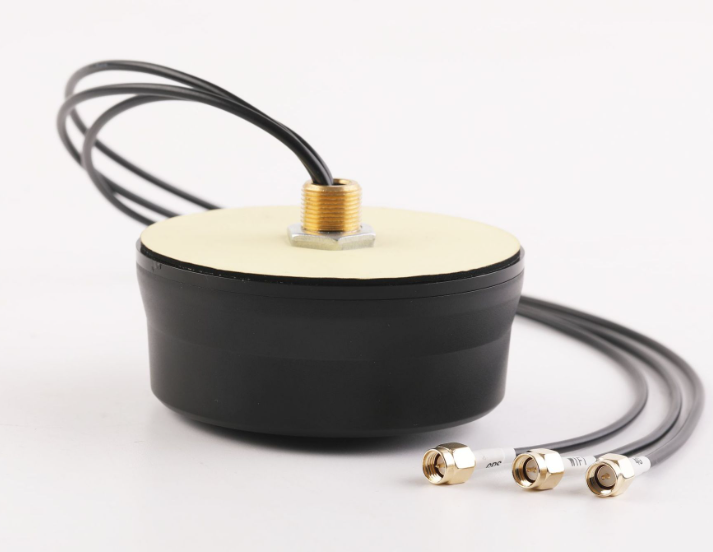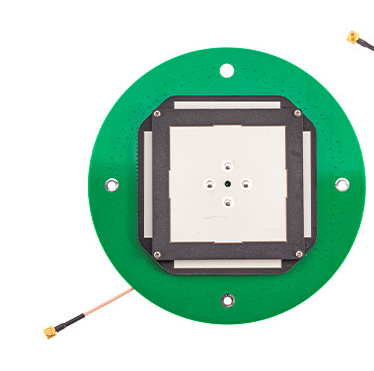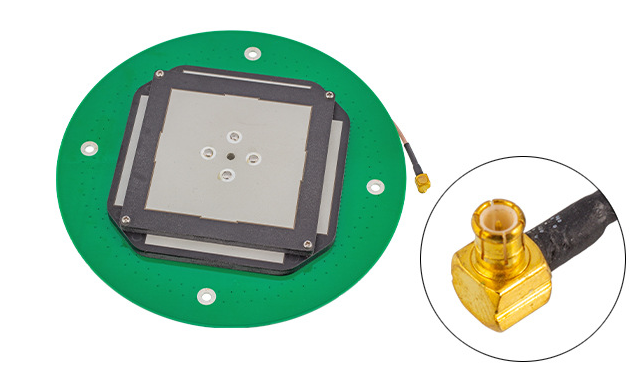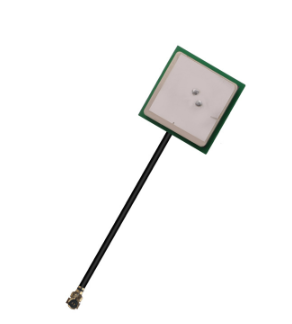Gps Antenna Impedance
With the wide application of Global Positioning system (GPS) technology, GPS antenna has become an indispensable important equipment in many fields. GPS antenna receives satellite signals and provides key data for positioning, navigation, communication and other applications. Among the performance parameters of GPS antenna, impedance is an important index, which directly affects the radiation efficiency and performance stability of the antenna. In this paper, the concept, characteristics and application of impedance of GPS antenna are introduced in detail.
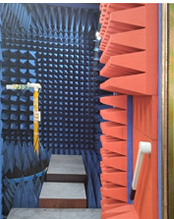
Overview of GPS Antenna Impedance
The impedance of GPS antenna refers to the degree of hindrance to the current when the antenna receives satellite signals. The impedance is mainly composed of resistance and inductance, which is represented by the ratio of voltage to current at the input of the antenna. Impedance matching is an important link in the design of GPS antenna, which is related to the energy transmission efficiency and radiation effect of the antenna.
Characteristics of GPS Antenna Impedance
1. Impedance matching: in order to realize the efficient operation of the GPS antenna, it is necessary to match the input impedance of the antenna with the source impedance, which can maximize the radiation energy of the antenna, reduce the energy reflection and improve the receiving sensitivity.
2. Impedance frequency characteristics: the impedance of the GPS antenna varies with the frequency. In the design process, the impedance characteristics of the antenna at different frequencies need to be considered to ensure that the antenna has a good performance in the GPS frequency band.
3. Impedance directional characteristics: the impedance of the GPS antenna is directional. When receiving satellite signals, the impedance of the antenna depends on the incident direction of the signal. Understanding the directional characteristics of the antenna is very important to achieve impedance matching.
Application of GPS Antenna Impedance
1. Antenna design and selection: when designing and selecting GPS antennas, the impedance characteristics of antennas need to be taken into account. Proper impedance matching can ensure that the antennas have the best radiation efficiency and sensitivity when receiving satellite signals.
2. Signal processing: understanding the impedance characteristics of the GPS antenna is helpful to better deal with the received satellite signals. Through the analysis of the antenna impedance, the signal receiving and processing circuits can be optimized and the performance of the system can be improved.
3. System matching: when the GPS antenna is applied to the actual system, it is necessary to ensure the matching between the antenna and the system, which includes electrical performance matching and mechanical installation matching. The key to electrical performance matching is to achieve impedance matching.
4. Interference and noise control: understanding the impedance characteristics of the GPS antenna is helpful to control the interference and noise. By optimizing the impedance matching of the antenna, the reflection and distortion of the signal can be reduced and the anti-jamming ability of the system can be improved.
Evaluation and Optimization of GPS Antenna Impedance
1. Evaluation methods: the evaluation methods of GPS antenna impedance mainly include network analyzer test and standing wave ratio measurement. These methods can accurately measure the input impedance and reflection coefficient of the antenna, so as to evaluate the impedance matching degree of the antenna.
2. Optimization strategy: aiming at the impedance mismatch of GPS antenna, a series of optimization strategies can be adopted, including adjusting antenna structure, changing feeder length and type, adjusting antenna position and so on. Through these optimization measures, a good match between antenna and source can be achieved, and the radiation efficiency and receiving performance of antenna can be improved.
The impedance of GPS antenna is an important parameter in the design, application and maintenance of GPS antenna. Understanding and analyzing the impedance characteristics of GPS antenna is of great significance to improve the radiation efficiency, receiving sensitivity and anti-interference ability of GPS antenna. In practical application, GPS antenna should be designed and selected reasonably according to specific requirements and scenarios to achieve the best impedance matching.
Suggestions and prospects
1. Suggestion: in practical application, the appropriate type and type of GPS antenna should be selected according to the specific environment and requirements, and attention should be paid to the installation and maintenance of the antenna to ensure that the antenna is in good working condition.
2. Prospect: with the continuous development of GPS technology, the demand for the performance of GPS antenna is getting higher and higher. The impedance characteristics of the new GPS antenna should be further studied to improve the performance and quality of the antenna. With the integration and development of the Internet of things, 5G and other technologies, GPS antenna will be more closely integrated with other communication technologies to form a multi-functional, high-performance antenna system.
reference
(leave it blank here and add relevant references when you actually write)
Appendix
(leave it blank here, you can add relevant charts, data and other auxiliary materials about the impedance of the GPS antenna)
Through the introduction of this paper, we understand the importance of GPS antenna impedance and its application in the design, application and maintenance of GPS system. We hope that readers can fully understand and apply the relevant knowledge of GPS antenna impedance in practical work and study, and contribute to the development of GPS technology.
